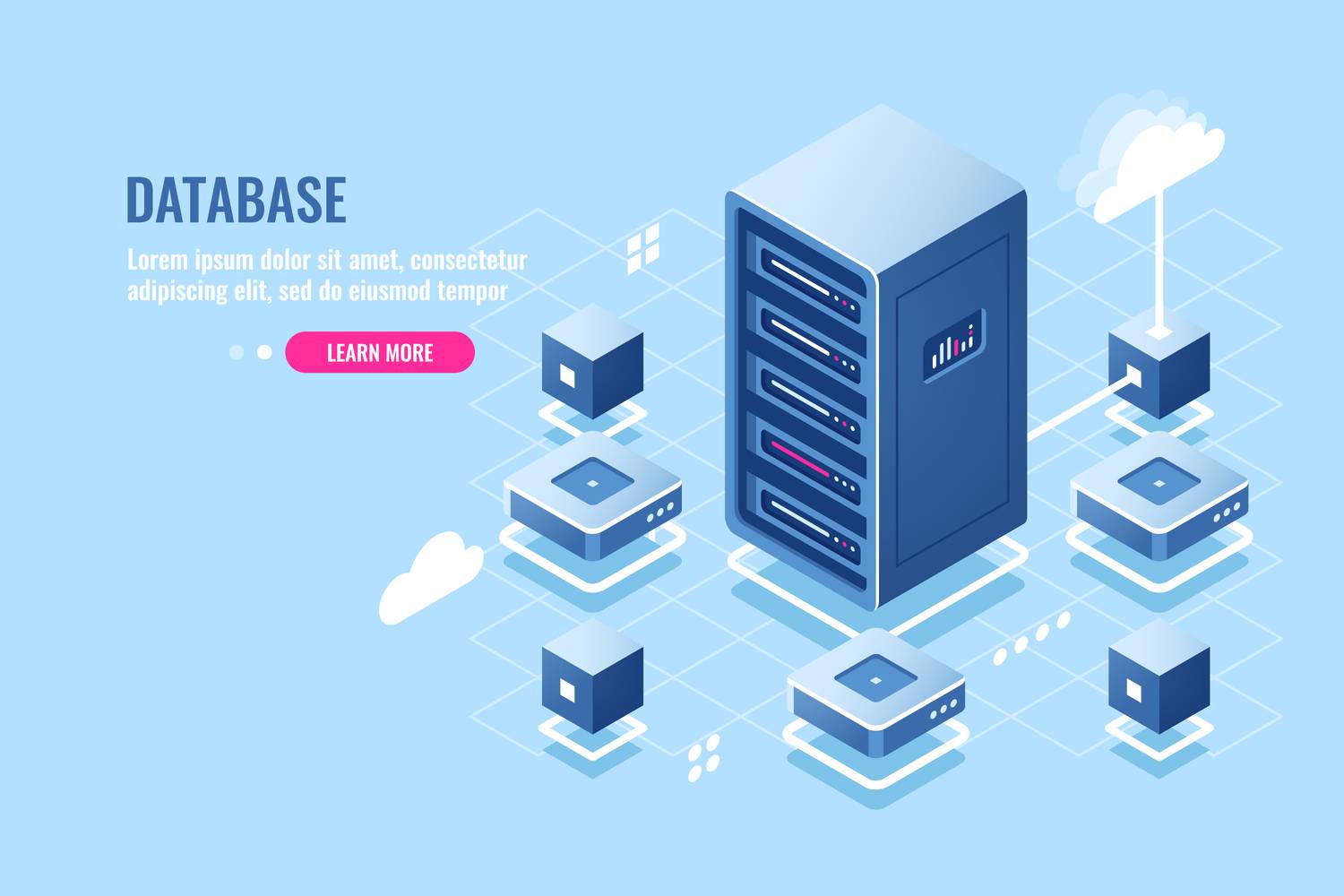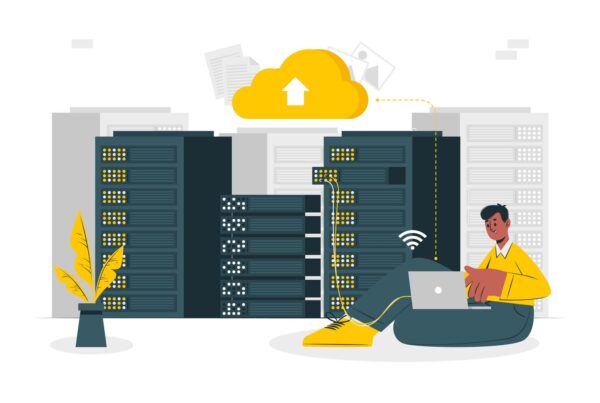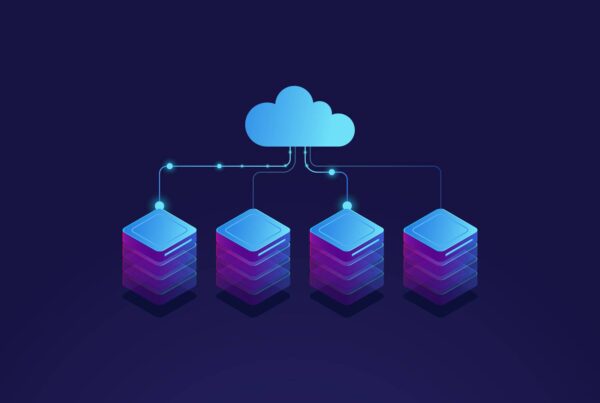The idea of free hosting appeals to people for obvious reasons. It’s easy to say “Well… I don’t need anything too sophisticated.” Let’s take a look at some of the differences between free hosting and paid hosting. We’ll look at some points to consider before you commit to a hosting solution.
Domain Name
When you sign up for free hosting, the host name becomes part of your domain name. In paid hosting, you create a unique, personalized domain name that does not include the name of the host.
Why is this Important?
Your business may seem less credible when you use a domain name with a third party in it. Additionally, this type of domain name will result in lower search engine ranking.
Technical Support
A free hosted account will most likely address your technical questions and issues by inviting you to send an email. They will respond to it in 24 – 48 hours. Compare this to a paid account, which typically has 24/7 tech support available to you when you need it. Free accounts typically have increased downtime. This means your site is unavailable. The paid hosting scenario usually comes with a guarantee to be up 99.9% of the time. If it’s down, you can find out without delay what’s going on.
Why is this Important?
If your site is down, you will lose customers and revenue. If you need help, it’s reassuring to get in touch with someone ASAP, rather than waiting in an email queue. It’s critical for businesses trading or marketing online to provide a stable, reliable experience for their customers.
Limited Bandwidth and Storage Space
With free accounts, your bandwidth and storage space is limited. With paid accounts, you can customize these aspects of your site or blog. If your blog or business is growing, what happens when you outgrow your free account?
Why is this Important?
You may not be able to move all content to a paid account. Starting with a paid account that can grow with you is a better option. Most paid accounts come with an element of backup security support that free accounts do not make available.
Other Considerations
Business requires planning. The same is true for your online presence. Will you have a large website with many pages? Do you want to monetize your blog to earn income? These are major considerations when choosing a paid or free hosting site. Paid hosting allows more plug ins to help your site or blog work for you.
Maybe you are just getting started with giving blogging a try. Does your website have just a few pages? There are circumstances where a free site may be all you need. But… If you are expecting to grow and expand your business, free hosting may not be the ideal way to go.
If you are playing around, and want to stay small, free hosting may serve your needs. If you are trying to make a splash and build a business reputation, or an income, on the internet, pay for hosting. You’ll have room to grow and fewer headaches from the start.








